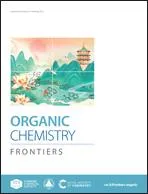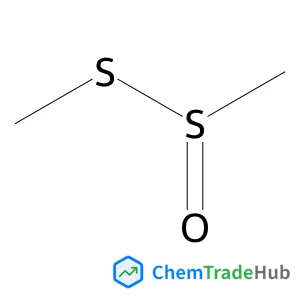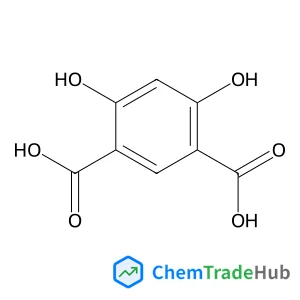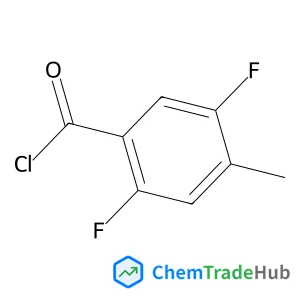Redox-triggered dearomative [5 + 1] annulation of indoles with O-alkyl ortho-oxybenzaldehydes for the synthesis of spirochromanes
Literature Information
Hongmei Sun, Xiaomei Zhang
The dearomative [5 + 1] annulation of 2-methylindoles with new five-membered synthons O-alkyl ortho-oxybenzaldehydes was developed unprecedentedly through cascade [1,5]-hydride transfer/dearomative cyclization in HFIP for the synthesis of spirochromanes bearing the 2-methylindolenine skeleton. In addition, the dual alkylation of the methyl group of 2-methylindolenines was achieved by sequential operation through the redox neutral [5 + 1] annulation with the second five-membered synthon N-alkyl ortho-aminobenzaldehyde, providing the chromane and tetrahydroquinoline fused spiroindolenines in good yields. Furthermore, the auxiliary group that facilitates the hydride transfer process could be simply removed.
Related Literature
IF 6.222
High-performance tungsten carbide electrocatalysts for the hydrogen evolution reactionIF 6.367
Increasing efficiency of perovskite solar cells using low concentrating photovoltaic systemsIF 6.367
Cu2ZnSnS4 nanocrystals for microwave thermal and microwave dynamic combination tumor therapyIF 6.222
Back coverIF 6.222
In situ growth of all-inorganic perovskite nanocrystals on black phosphorus nanosheetsIF 6.222
Highly efficient and durable III–V semiconductor-catalyst photocathodes via a transparent protection layerIF 6.367
Retraction: Chemical synthesis and antigenic activity of a phosphatidylinositol mannoside epitope from Mycobacterium tuberculosisIF 6.222
Redox responsive Pluronic micelle mediated delivery of functional siRNA: a modular nano-assembly for targeted deliveryIF 6.843
Strong circularly polarized luminescence of an octahedral chromium(iii) complexIF 6.222
Source Journal
Organic Chemistry Frontiers

Organic Chemistry Frontiers publishes high-quality research from across organic chemistry. Emphases are placed on studies that make significant contributions to the field of organic chemistry by reporting either new or significantly improved protocols or methodologies. Topics include, but are not limited to the following: Organic synthesis Development of synthetic methodologies Catalysis Natural products Functional organic materials Supramolecular and macromolecular chemistry Physical and computational organic chemistry
Recommended Compounds
Recommended Suppliers
 tesa Werk Offenburg GmbH
tesa Werk Offenburg GmbH Kyowa Hakko Europe GmbH
Kyowa Hakko Europe GmbH Shanghai Jiliang Metal Materials Co., Ltd
Shanghai Jiliang Metal Materials Co., Ltd Shimadzu Deutschland GmbH
Shimadzu Deutschland GmbH Geveke Klimaattechniek bv
Geveke Klimaattechniek bv Shanxi Chenshi ZhiGuang Chemical Technology Co., Ltd.
Shanxi Chenshi ZhiGuang Chemical Technology Co., Ltd. Liyi (Guangzhou) Material Technology Co., Ltd.
Liyi (Guangzhou) Material Technology Co., Ltd. Teclis SAS
Teclis SAS MSR Electronics GmbH
MSR Electronics GmbH Nanjing Dingda Pharmaceutical Technology Co., Ltd.
Nanjing Dingda Pharmaceutical Technology Co., Ltd.












![37845-14-0 - 4,5-Dihydronaphtho[1,2-c]furan-1,3-dione 37845-14-0 - 4,5-Dihydronaphtho[1,2-c]furan-1,3-dione](/structs/378/37845-14-0-f8d0.webp)

